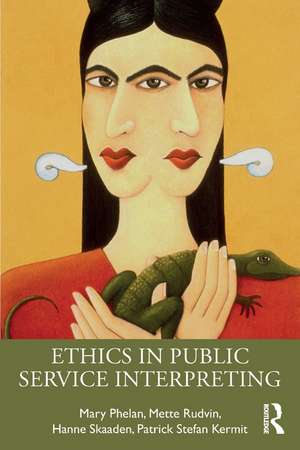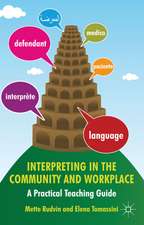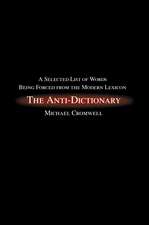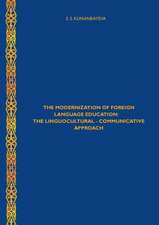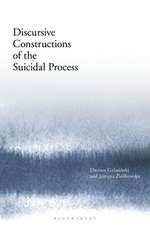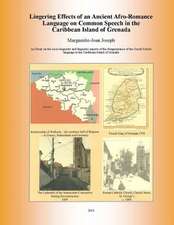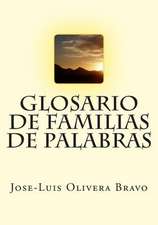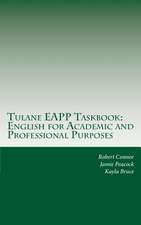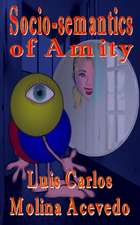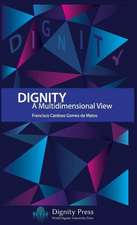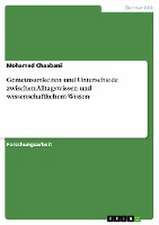Ethics in Public Service Interpreting
Autor Mary Phelan, Mette Rudvin, Hanne Skaaden, Patrick Kermiten Limba Engleză Paperback – 23 oct 2019
This volume is highly innovative in that it provides the reader with not only a theoretical basis to explain why underlying ethical dilemmas are so common in the field, but it also offers guidelines that are explained and discussed at length and illustrated with examples. Divided into three Parts, this ground-breaking text offers a comprehensive discussion of issues surrounding Public Service Interpreting. Part 1 centres on ethical theories, Part 2 compares and contrasts codes of ethics and includes real-life examples related to ethics, and Part 3 discusses the link between ethics, professional development, and trust.
Ethics in Public Service Interpreting serves as both an explanatory and informative core text for students and as a guide or reference book for interpreter trainees as well as for professional interpreters - and for professionals who need an interpreter's assistance in their own work.
| Toate formatele și edițiile | Preț | Express |
|---|---|---|
| Paperback (1) | 365.11 lei 43-57 zile | |
| Taylor & Francis – 23 oct 2019 | 365.11 lei 43-57 zile | |
| Hardback (1) | 1000.27 lei 43-57 zile | |
| Taylor & Francis – 29 oct 2019 | 1000.27 lei 43-57 zile |
Preț: 365.11 lei
Nou
Puncte Express: 548
Preț estimativ în valută:
69.87€ • 72.50$ • 58.40£
69.87€ • 72.50$ • 58.40£
Carte tipărită la comandă
Livrare economică 17-31 martie
Preluare comenzi: 021 569.72.76
Specificații
ISBN-13: 9781138886155
ISBN-10: 1138886157
Pagini: 214
Ilustrații: 17
Dimensiuni: 156 x 234 x 18 mm
Greutate: 0.34 kg
Ediția:1
Editura: Taylor & Francis
Colecția Routledge
Locul publicării:Oxford, United Kingdom
ISBN-10: 1138886157
Pagini: 214
Ilustrații: 17
Dimensiuni: 156 x 234 x 18 mm
Greutate: 0.34 kg
Ediția:1
Editura: Taylor & Francis
Colecția Routledge
Locul publicării:Oxford, United Kingdom
Public țintă
Postgraduate and UndergraduateCuprins
Introduction
Part I: Situating Interpreting Ethics in Moral Philosophy
1.1 Introduction: Sector-specific interpreting. Interpreter agency and ethical challenges
1.2 Contextualising PSI ethics: history, philosophy and professional practice
1.3 Ethics in Philosophy
1.4 Loyalty, Honesty and Truth-Telling. The foundation of the accuracy ethic?
1.5 The Philosophy of Ethics: a brief look at the development of some central tenets
1.6 The Ethics of translation – ethics in Translation Studies
1.7 Summing Up: The PSI–Moral Philosophy ethical interface
Concluding remarks: The existential anguish of choice and decision-making
References
Part II: Codes of Ethics
2.1 Historical Examples of Interpreter Ethics
2.2 Regulation of Professions
2.3 Association codes of ethics
2.4 Advocacy
2.5 Company codes of ethics for interpreters
2.6 The Norwegian example
2.7 Intercultural Mediators
2.8 Conclusion
2.9 Ethics in Real Life Cases
Conclusion
References
Part III: Ethics and Profession
3.1 Why do we need professional ethics?
3.2 What is a profession?
3.3 How extensive a domain for the interpreter’s exercise of discretion?
3.4 Interpreting as interaction
3.5 Ethics, trust and the organisational aspect of professions
Conclusion: Ethics, education and professional integrity
References
Index
Part I: Situating Interpreting Ethics in Moral Philosophy
1.1 Introduction: Sector-specific interpreting. Interpreter agency and ethical challenges
1.2 Contextualising PSI ethics: history, philosophy and professional practice
1.3 Ethics in Philosophy
1.4 Loyalty, Honesty and Truth-Telling. The foundation of the accuracy ethic?
1.5 The Philosophy of Ethics: a brief look at the development of some central tenets
1.6 The Ethics of translation – ethics in Translation Studies
1.7 Summing Up: The PSI–Moral Philosophy ethical interface
Concluding remarks: The existential anguish of choice and decision-making
References
Part II: Codes of Ethics
2.1 Historical Examples of Interpreter Ethics
2.2 Regulation of Professions
2.3 Association codes of ethics
2.4 Advocacy
2.5 Company codes of ethics for interpreters
2.6 The Norwegian example
2.7 Intercultural Mediators
2.8 Conclusion
2.9 Ethics in Real Life Cases
Conclusion
References
Part III: Ethics and Profession
3.1 Why do we need professional ethics?
3.2 What is a profession?
3.3 How extensive a domain for the interpreter’s exercise of discretion?
3.4 Interpreting as interaction
3.5 Ethics, trust and the organisational aspect of professions
Conclusion: Ethics, education and professional integrity
References
Index
Notă biografică
Mary Phelan lectures in translation and public service interpreting at Dublin City University, Ireland, and is the chairperson of the Irish Translators’ and Interpreters’ Association. Her research relates to the historical provision of court interpreters in Ireland, current interpreter provision in various settings, and associated legislation.
Mette Rudvin completed her PhD in Translation Studies in the UK in 1997 and has been teaching a variety of English and translation and interpreting related subjects at the University of Bologna since 1996; she also set up the first university training course for legal interpreters for minority languages in Italy. She has specialized in Community Interpreting/PSI, a field in which she has published widely, but her areas of research and publication also include interpreting/translation and philosophy, translation and children’s literature, ELF, language and game-theory, oral narrative, and Pakistan-studies.
Hanne Skaaden teaches interpreting at Oslo Metropolitan University, Norway. Her research covers first-language attrition and the bilingual migrant, remote Interpreting and the process of professionalisation in PSI. She has extensive experience with interpreting in the Norwegian public sector.
Patrick Stefan Kermit has a background in philosophy and theoretical ethics, and has worked in interpreter education for many years. His research encompasses several projects looking into interpreting in the context of the criminal justice system in Norway.
Mette Rudvin completed her PhD in Translation Studies in the UK in 1997 and has been teaching a variety of English and translation and interpreting related subjects at the University of Bologna since 1996; she also set up the first university training course for legal interpreters for minority languages in Italy. She has specialized in Community Interpreting/PSI, a field in which she has published widely, but her areas of research and publication also include interpreting/translation and philosophy, translation and children’s literature, ELF, language and game-theory, oral narrative, and Pakistan-studies.
Hanne Skaaden teaches interpreting at Oslo Metropolitan University, Norway. Her research covers first-language attrition and the bilingual migrant, remote Interpreting and the process of professionalisation in PSI. She has extensive experience with interpreting in the Norwegian public sector.
Patrick Stefan Kermit has a background in philosophy and theoretical ethics, and has worked in interpreter education for many years. His research encompasses several projects looking into interpreting in the context of the criminal justice system in Norway.
Recenzii
'This is a very timely book. It thoroughly explores, from various perspectives, the discretionary power of interpreters working in the public sector. It explains the difference between personal and professional principles, gives the foundation of professional ethics in the literature on moral philosophy, and explores the relation between philosophical issues and the practice of interpreting. This book is a must-read for everyone interested in the professionalization of public service interpreters.'Cecilia Wadensjö, Stockholm University, Sweden
'Interpreters working in public institutions are often confronted by ethical challenges, to which they must respond adequately - and instantly! This study takes readers into the deeper foundations of ethical practice in interpreting, and makes a landmark contribution through acute philosophical analysis, relevant case studies, and well-argued professional perspectives.'
Uldis Ozolins, Western Sydney University, Australia
'Interpreters working in public institutions are often confronted by ethical challenges, to which they must respond adequately - and instantly! This study takes readers into the deeper foundations of ethical practice in interpreting, and makes a landmark contribution through acute philosophical analysis, relevant case studies, and well-argued professional perspectives.'
Uldis Ozolins, Western Sydney University, Australia
Descriere
Four leading researchers from across Europe share their expertise on ethics, the theory behind ethics, and what it means to be a public service interpreter. The book serves as both an explanatory and informative core text for students and as a guide or reference book for interpreter trainees as well as for professional interpreters.
